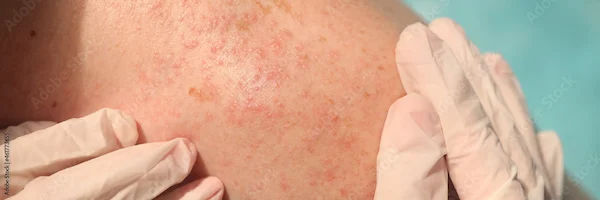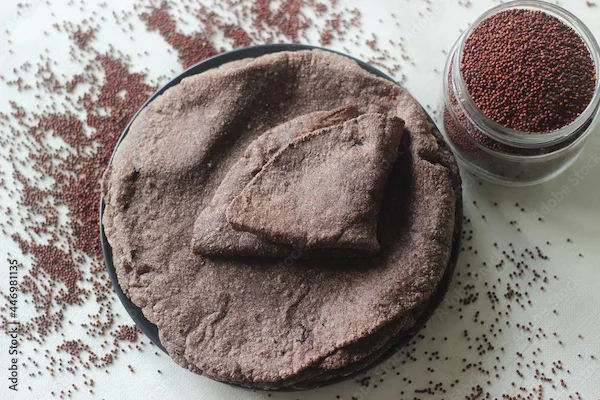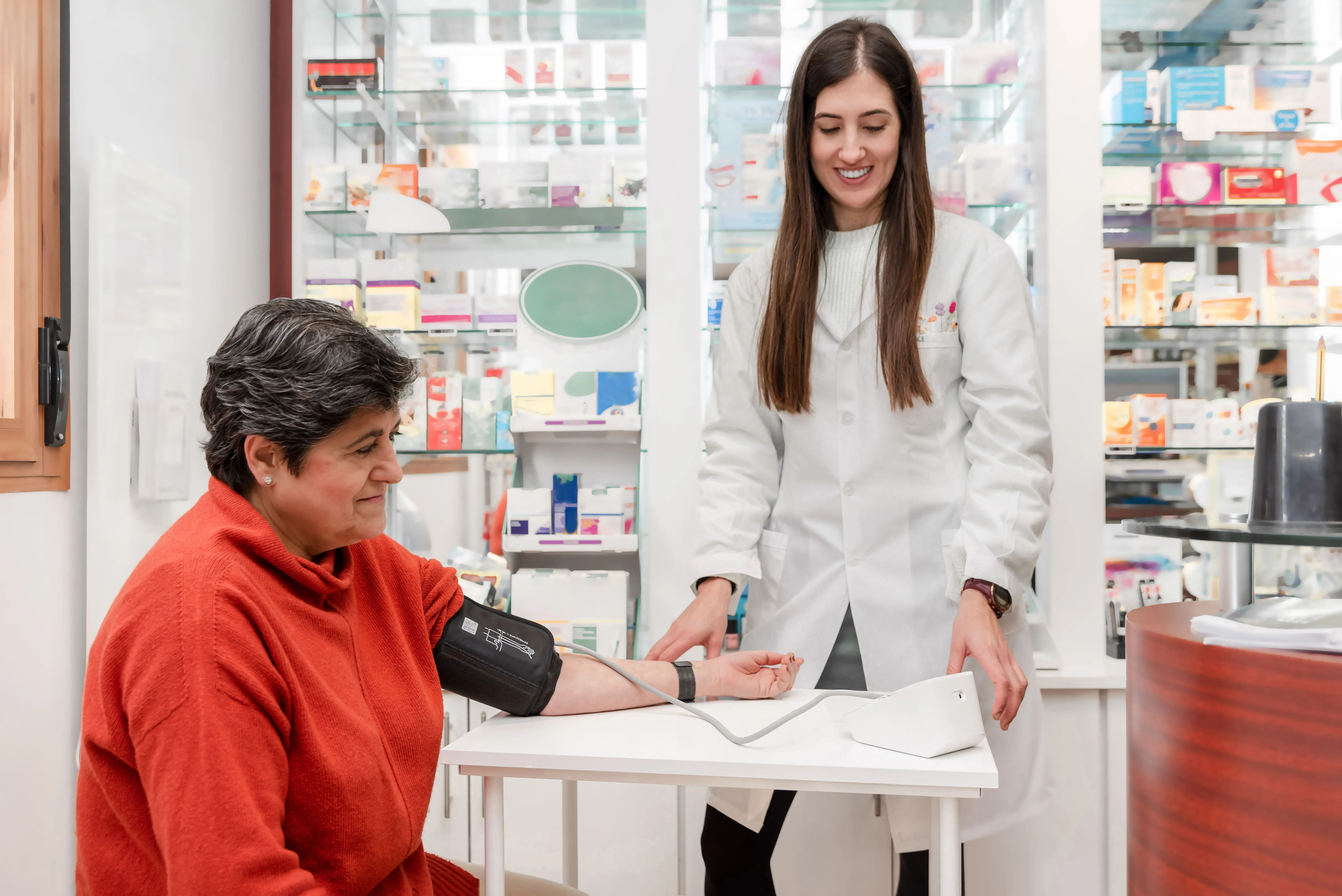Understanding Allergy Skin Tests
Demystify allergy skin tests! Learn about the different types (prick, intradermal, patch), how they're performed, what the results mean, and how these essential tests identify your specific allergy triggers for effective management.

Written by Dr. Siri Nallapu
Reviewed by Dr. Shaik Abdul Kalam MD (Physician)
Last updated on 1st Aug, 2025

Allergies can be frustrating and sometimes even dangerous. If you’ve ever experienced sneezing, itching, rashes, or worse—like difficulty breathing—after eating certain foods or being exposed to dust or pollen, you might have an allergy. But how do you know for sure? That’s where allergy skin tests come in!
This guide will help you understand what allergy skin tests are, why they’re done, what to expect, and how they can improve your health.
What Is an Allergy Skin Test?
An allergy skin test is a simple and quick way to check if you’re allergic to certain substances like pollen, pet dander, dust mites, foods, or insect stings. The test involves placing tiny amounts of suspected allergens on or just under your skin to see if your body reacts.
Why Is It Done?
To identify the exact cause of allergic reactions.
To help manage symptoms by avoiding triggers.
To determine if allergy shots (immunotherapy) might help.
Types of Allergy Skin Tests
There are three main types of skin tests:
1. Skin Prick Test (Scratch Test)
A small drop of allergen is placed on your skin (usually the forearm or back).
A tiny needle gently pricks the skin so the allergen goes just beneath the surface.
If you’re allergic, a small red, itchy bump (like a mosquito bite) appears within 1520 minutes.
2. Intradermal Test
A small amount of allergen is injected just under the skin.
This is more sensitive than the prick test and is often used if the prick test is negative but allergies are still suspected.
3. Patch Test
Used for delayed allergic reactions (like contact dermatitis from metals or chemicals).
Allergens are placed on patches and taped to your skin for 48 hours.
The doctor checks for reactions after removing the patches.
What Can Allergy Skin Tests Detect?
Skin tests can check for reactions to:
Pollen (grass, trees, weeds)
Dust mites
Pet dander (cats, dogs)
Mold
Foods (nuts, eggs, milk, shellfish, etc.)
Insect stings (bees, wasps)
Latex
Certain medications
How to Prepare for an Allergy Skin Test?
Before the test, your doctor may ask you to:
Stop taking antihistamines (like Benadryl, Claritin, or Zyrtec) for a few days, as they can interfere with results.
Avoid applying moisturizers or creams on the test area.
Inform your doctor about any past severe allergic reactions (anaphylaxis).
What Happens During the Test?
The things that happen during the test include:
Cleaning the Skin – The test area (arm or back) is cleaned.
Marking the Skin – Small marks are made to track different allergens.
Applying Allergens – Drops of allergens are placed on the skin (prick test) or injected (intradermal test).
Waiting for Reactions – You’ll wait 1520 minutes to see if redness or swelling appears.
Measuring Reactions – The doctor checks the size of any bumps to determine the severity of the allergy.
Does It Hurt?
The prick test feels like a tiny scratch.
The intradermal test may feel like a quick pinch.
Most people find it only mildly uncomfortable.
What Do the Results Mean?
The results mean:
Positive Reaction – A raised, red bump (wheal) means you’re likely allergic.
Negative Reaction – No reaction means you’re probably not allergic to that substance.
Your doctor will explain the results and suggest ways to avoid triggers or recommend treatments like antihistamines, nasal sprays, or allergy shots.
Are There Any Risks?
Allergy skin tests are generally safe, but in rare cases, they can cause:
Severe allergic reactions (anaphylaxis) – This is very uncommon, and doctors are prepared to treat it immediately.
Mild itching or swelling – Usually goes away in a few hours.
What to Do After the Test?
Things to do after the test are:
Avoid scratching the test area.
Apply a soothing cream (like hydrocortisone) if itching occurs.
Follow your doctor’s advice on managing allergies.
Tips for Managing Allergies
If your test confirms allergies, here’s how you can reduce symptoms:
For Pollen/Dust Allergies:
Keep windows closed during high pollen seasons.
Use air purifiers and HEPA filters.
Wash bedding frequently in hot water.
For Food Allergies:
Always read food labels.
Carry an epinephrine auto injector (if prescribed).
Inform restaurants about your allergies.
For Pet Allergies:
Bathe pets weekly.
Keep pets out of the bedroom.
Use vacuum cleaners with HEPA filters.
General Tips:
Take prescribed allergy medications as directed.
Consider allergy immunotherapy (shots) for long term relief.
When to See a Doctor?
If you experience:
Frequent sneezing, runny nose, or itchy eyes.
Skin rashes or hives.
Wheezing or difficulty breathing.
Severe reactions (swelling of the face, throat, or trouble breathing)—seek emergency help immediately!
Consult Top Dermatologist
Book an Allergy Skin Test with Apollo 24|7
If you suspect allergies, getting tested is the first step to feeling better. Apollo 24|7 offers quick, reliable allergy skin tests with expert doctors who can guide you on managing allergies effectively.
Call us or book an appointment online today to take control of your allergies!
Final Thoughts
Allergy skin tests are simple, safe, and incredibly helpful in identifying what’s causing your symptoms. Once you know your triggers, you can take steps to avoid them and live a healthier, more comfortable life.
If you’ve been struggling with unexplained allergies, don’t wait—get tested and breathe easier!
Stay informed, stay healthy!
Consult Top Dermatologist
Consult Top Dermatologist

Dr. K Chetana
Dermatologist
10 Years • MBBS, MD ( Dermatology)
Hyderabad
Apollo 24|7 Clinic, Hyderabad

Dr. Hemalatha Naidu M
Dermatologist
5 Years • MBBS, MD (Dermatology)
Bangalore
Apollo 24|7 Clinic - Karnataka, Bangalore
(275+ Patients)

Dr Ritika Shanmugam
Dermatologist
9 Years • MBBS, MD (Dermatology, venereology, Leprosy)
Bangalore
Apollo 24|7 Clinic - Karnataka, Bangalore

Dr. Jyotirmay Bharti
Dermatologist
15 Years • MBBS, DDV
Gurugram
SQUARE ROOTS- HAIR, SKIN AND LASER CLINIC, Gurugram
Dr. Kavitha Killaparthy
Dermatologist
23 Years • MBBS,DIPLOMA(DERMATOLOGY,VENEREOLOGY,LEPROSY)
Hyderabad
JDS Skin & Hair Clinic, Hyderabad




